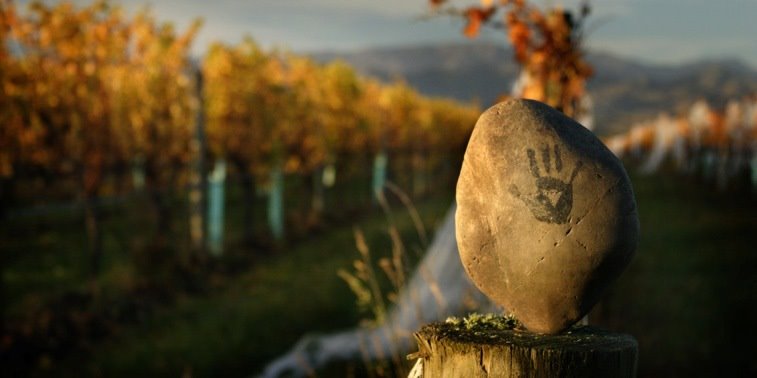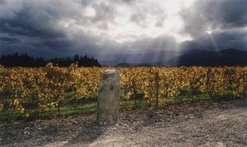More from Parker
"New Zealand - Biodynamics, Poo Pits and Pigs"
Neal Martin, wine writer for Robert Parker's Wine Advocate, had more to say about his visit to New Zealand, and his time at Seresin, in this month's edition.
"The next port of call with biodynamics at its heart was Seresin in Marlborough, where there was an almost evangelical zeal to the practice, evinced by proprietor Michael Seresin. Vineyard manager Colin Ross was eager to show me his series of quaintly entitled, brick-lined “poo pits” where preparations are made and above them was suspended a large crate of eggshells. To quote directly from the website: “Disease is nature's way of signaling an imbalance. Rather than using chemicals to fight "disease", we farm for diversity and balance to achieve balance and "ease" For example we mow alternate rows to maintain a habitat for bees and other insects and "companion plant". As well as grapes, we grow olives, an array of organic vegetables and fruit and raise chickens, cattle and sheep.” As I drove around the vineyard with Colin, observing the orchard of olive trees and vegetable plots, I could not help thinking about the atavism of biodynamics, how practically all vineyards in the Old World were once a polyculture until the 19th century when wine became more economically attractive. One assumes that these “part-time” viticulturalists had grown vegetables and cereals out of economic necessity, but underlying this is the fact that these were men and women of the land, whose techniques had been passed down from one generation to the other. Polyculture would have created a more diverse, ecologically balanced environment within which vines could grow, without recourse to chemical intervention. Perhaps they had the perfect composition of a vineyard all those years ago?....It will be interesting to follow the evolution of New Zealand’s biodynamic wines and given the ecologically sensitive culture, I suspect more exponents of the practice will be added to that list. The more converts there are, the more information can be exchanged and support is on offer, exemplified by the Calvert Vineyard in Central Otago, which provides biodynamically fruit for three producers: Felton Road, Craggy Range and Pyramid Valley. Scientist Steve Smith MW, was gob-smacked by the behaviour of the Pinot Noir from Calvert, a cynic not so much converted, but certainly one whose mind had been opened. More will follow."









.jpg)
No comments:
Post a Comment